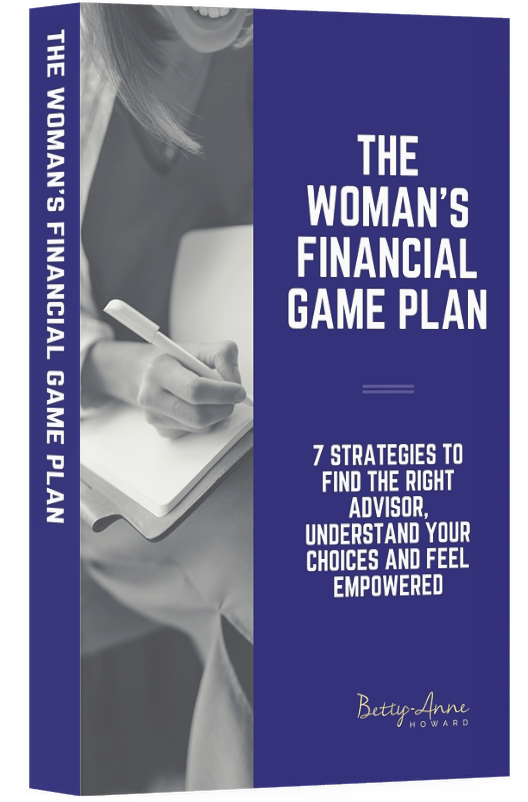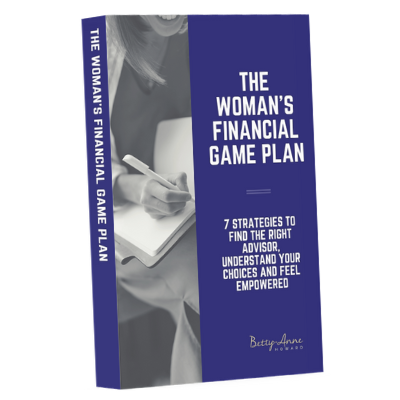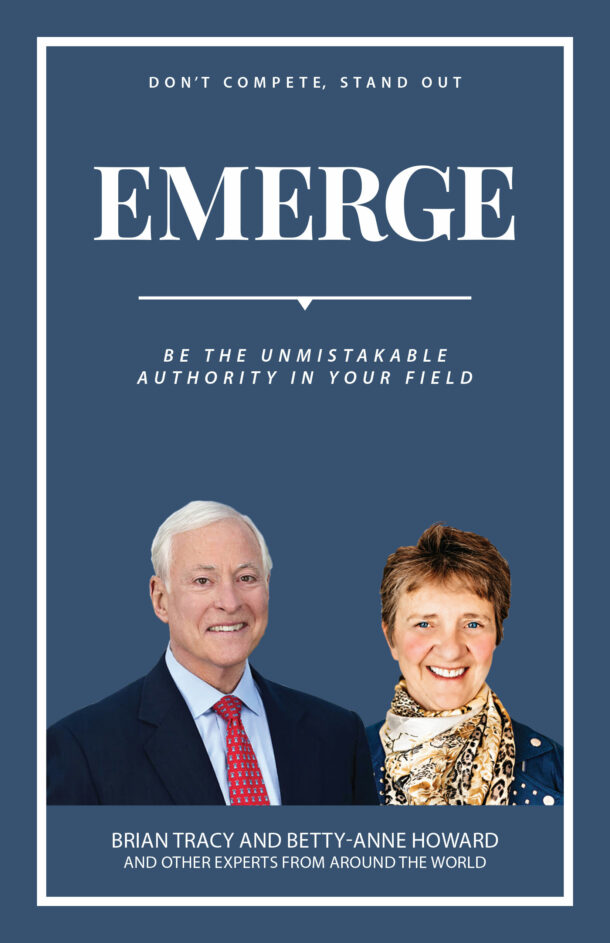![]()
Financial planning for after your death isn’t the most pleasant thing to have to think about, but it’s important. Ask yourself, who you want to benefit from your estate and charitable donations when the time comes?
It’s likely that your spouse will be the biggest beneficiary, followed by other family members. However, have you given thought to making charitable donations to the charities or community organizations that have given so much to you and your family over your lifetime?
Maybe you want to give to cancer research. Or thank the volunteers who organized the local soccer league. Either way, the community has probably played a big role in your life. Now is the time to plan to pay it forward for the next generation.
This is what charities call “planned or legacy giving”.
The tax benefits of charitable donations.
There are several ways to support your favourite charities when you are planning your estate. The easiest and most common is the bequest that you arrange in your will. You can donate property of a specified amount or a set percentage of your estate. Alternatively, you can arrange to share a portion of the residue after all other distributions have been made.
These arrangements cost you nothing now but will eventually become wonderful legacies for the causes you care about.
You’re creating your life legacy, and in some way, you want to change the world. For more on how to create your life legacy and change the world, click here.
There are many personal reasons for planning for charitable donations upon your death. But there are also significant tax breaks for people who arrange charitable donations in their estate plans. For example, donations can offset taxes otherwise owed by your estate.
The caveat of successful planning is doing it in advance. You can’t leave it up to your executor or trustees if you want to make the most of tax breaks. That being said, while you should be the one making the final decisions, using your executor or trustees to help guide you through the process is a good idea.
Preparing today, for tomorrow.
Consider this story. Clarence met Mildred a few years after she had graduated as a nurse from her Alma Mater. She always talked about how the school had found money for her when times were tight, and it held a very special place in her heart.
Mildred died suddenly, leaving Clarence to fend for himself on the farm after 40 years of marriage. He and Mildred had no children of their own but were well regarded in the community as generous and willing volunteers.
When Clarence sat down with his long-time friend and lawyer to write his last will, he wanted to arrange a significant gift to set up an endowment to provide a fund for nursing students at the University to memorialize Mildred. The donation would also offset most of the taxes otherwise owed by the estate. Clarence died later that year thinking his affairs were all in order.
But Clarence didn’t know the nursing program at the university had been canceled more than 20 years ago. His lawyer didn’t confirm the purpose of the gift with a Gift Planner at the University when writing the will. The gift reverted back to the estate and completely undid the tax planning.
Mildred’s memorial—and the tax savings that would have come with it—failed. What could Clarence have done differently?
A five-minute phone call to the University Gift Planner when the will was being drafted would have been the smart thing to do. Surprise donations are not always a good idea, as this case highlights.
Don’t be Clarence or Mildred!
- When consulting with your lawyer about charitable giving make sure to tell him or her that you want her to consult with the charity in advance. Better yet do it yourself. Are you thinking about a gift that will set up a permanent fund? Make sure the organization has an endowment fund and that the purpose for the donation will have lasting qualities. Not all do.
- Include a “power to vary“ clause*. Then, in 100 or 200 years the money can still be put to good use. Endowments are permanent. Generally speaking, universities, hospitals, research institutes, and community foundations are among the few charities that have the capacity to manage funds in perpetuity.
- Ask the charity to provide you with written assurances that the gift will be accepted for the purpose you intend. A simple MOU (Memorandum of Understanding) can give you great peace of mind and give the charity something wonderful to look forward to, hopefully long into the future. Charitable gifts must be accepted in order to complete the transfer of property and one cannot assume that all donations are wanted.
An in-depth discussion of all the types of gift vehicles is beyond the scope of this article. Basically there are gifts that cost you nothing now, gifts that pay you income, and gifts that pay the charity income. There are also gifts that cost you little now but will provide a significant legacy in the future.
Talk with a financial planner, a professional wealth and estate advisor and a charity representative who is specialized in planned giving. You’ll be glad you did. And please, talk about your hopes and dreams of a better world through charitable giving with your family. Let them know how important it is to you. Here are some actionable tips for estate planning with loved ones.
Did you enjoy this article? Here are three more you should also have a look at:
Have you thought about what you want your legacy to be?
Who do you want to benefit from your money when you are no longer here?
How to Magnify Your Charitable Gift Giving

Doug Puffer
Senior Consultant PGGrowth Consulting Inc.
Doug is a recognized expert in gift planning in Canada with over 30 years of fundraising success in higher education and environmental conservation. He believes that an honest and artful connection with donors and their advisors will result in joyful, effective giving to charity and maximized tax breaks.
Doug willingly shares his knowledge through his workshops and seminars on legacy giving. His well-researched presentations have been heard at CAGP, AFP, STEP & CASE conferences.






0 Comments